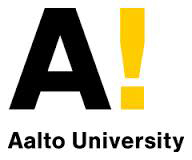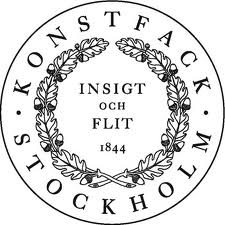With a Danish Personal Registration Number (CPR-number) you are eligible to receive health benefits and are covered by the Danish health insurance system. You will need a health insurance to cover you during the first 7 weeks after your arrival, because it takes 6 weeks for you to get a card with your CPR-number. You have to register at the National Registry Office (Folkeregistret) in Aarhus within 5 days upon your arrival. Bring your passport, your residence permit and the confirmation letter from the Danish School of Journalism stating the duration of your stay in Aarhus. With the CPR card visits to the doctor in general practise, any Eye or Ear-specialist as well as any hospitalisation in a public hospital are free. However, other expenses such as dental costs are only partly covered by the Danish health insurance system. And you must pay for all medicine, including prescribed medicine.





RMIT at DMJX
Check out what RMIT students are doing at DMJX
Your say